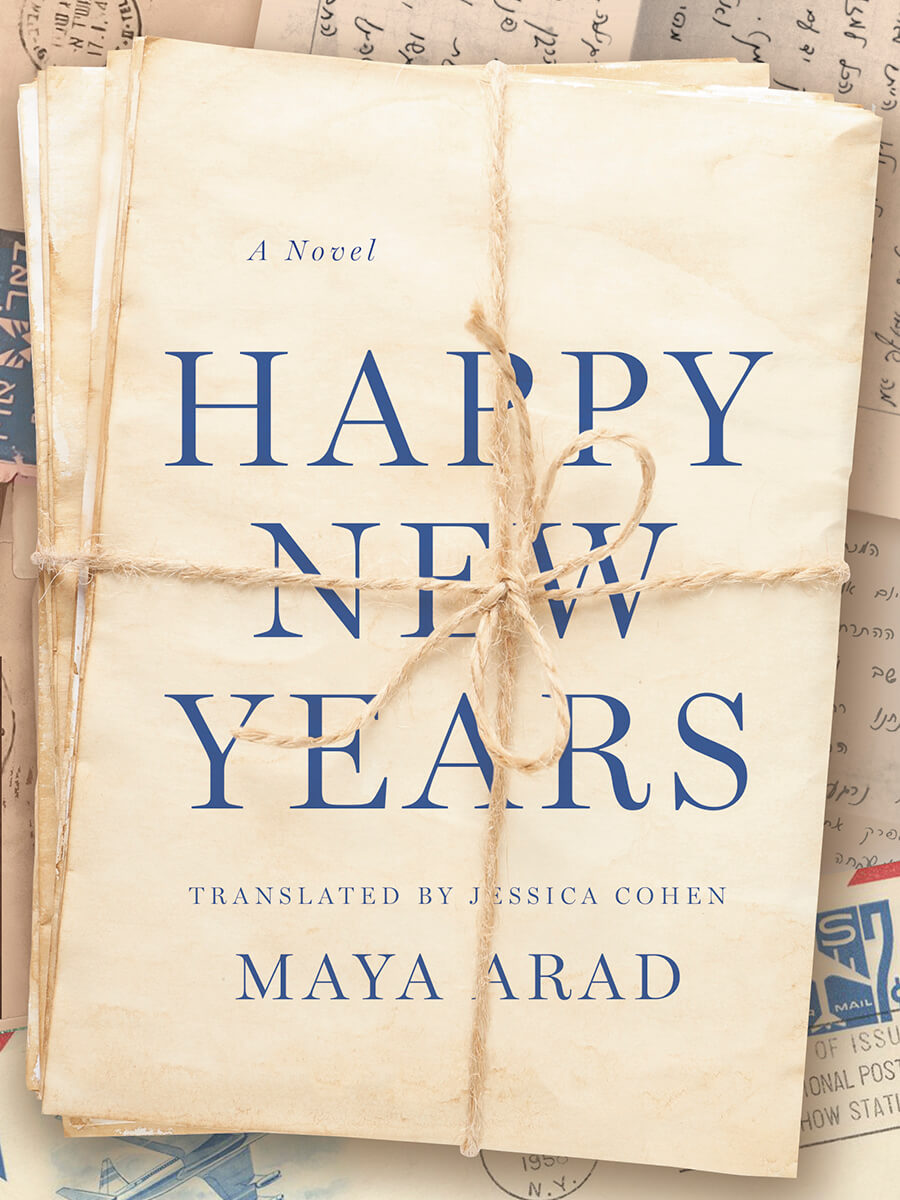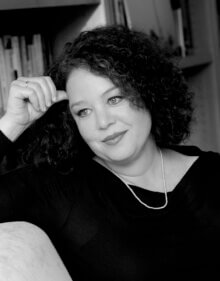
World Literature Today Notable Translation
National Jewish Book Award Finalist
After emigrating to the United States in the mid-1960s, Leah maintains her connection to Israel by writing an annual letter on the Jewish new year to her old friends from a women’s teaching college. Comprising five decades of correspondence, the novel skillfully weaves together Leah’s high hopes and deep disappointments as she navigates relationships, marriage, divorce, single motherhood, financial struggles, and professional ups and downs. Leah’s relentless optimism and cheerfulness conceal disturbing truths behind her carefully crafted words. As her letters turn increasingly introspective, the secrets and shame that shaped her trajectory unravel. This is the epistolary novel at its best, inviting the reader to play detective and probe between the lines of Leah’s insistently rosy portrayal of her life. Gradually piecing together her true circumstances, we are charmed into forgiving her minor deceptions and richly rewarded with the profound insights that Leah’s self-constructed narrative reveals.
Excerpt from Happy New Years
Yes, it’s been almost twenty years since I came to America, and Israel has changed beyond recognition. Everything looks so modern and advanced: three-lane highways, tall buildings, stores selling practically everything, almost like in America, supermarket aisles lined with goods. The boys fell in love with all the flavored yogurts and pudding cups, especially “Milky,” and they declared that Israeli cottage cheese is much better than the American kind. They were less keen on the hummus I took them to eat in Jaffa. They are American kids, after all . . .
But much as the country has transformed, some things never change. When we all met on the lawn at Mira’s immaculate home, I felt like we’d just finished college, as if twenty years hadn’t flown by. Many of you thanked me for being the impetus for us to all meet again, because each of us has settled into her own life and her own family, and as a result, many of us hadn’t seen each other for years. To which I say, I am delighted and proud to be the impetus for these reunions. From now on, I will make an effort to visit every two years, or three at most. And of course, it goes without saying that if you happen to visit my area, you are very, very welcome.
My only regret is that you didn’t get to meet Yigal. He made the most of every spare minute in Israel to spend time with his daughters, since it’s very hard for him to be so far away. But naturally, I introduced him to my parents. My mom really fell in love with him. He was as polite as an American—he brought her flowers—but as open and straight-talking as an Israeli. After he left, Mom told me that now that she sees me settled with a man who loves me, she can admit that she wasn’t at ease when I married Jeff. And now that I have my own kids, I can imagine what she must have felt back then . . . The night before we flew home, Dad took me aside and asked: Why don’t you two come back to Israel? Yigal would be near his family, and your kids would grow up in their own country.
Some of you asked me the same question, albeit in a more subtle and indirect way. So, I will answer frankly: my children are American. They were born and raised in the U.S. Equally important, I’ve built a life for myself here that I’m unwilling and unable to walk away from. Yigal and I work very hard to fulfill our dreams, and we have no intention of giving up on them.
